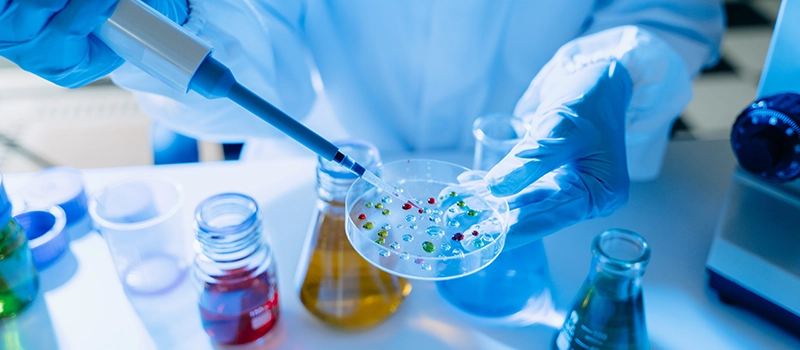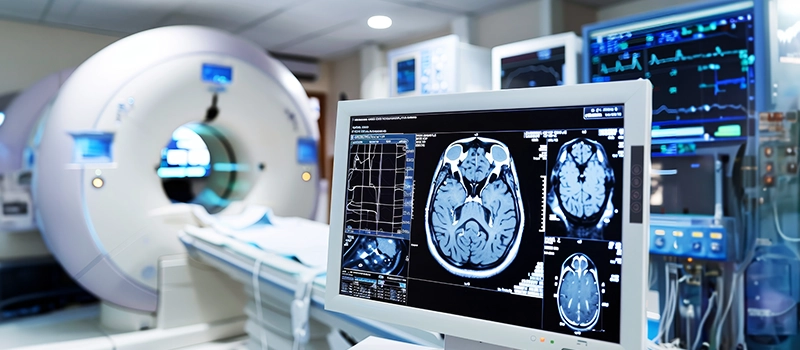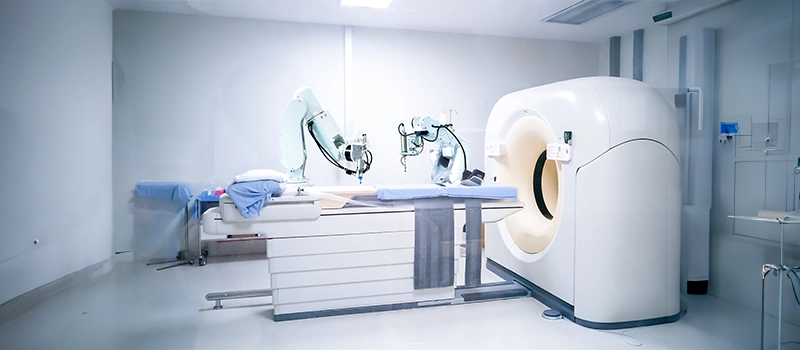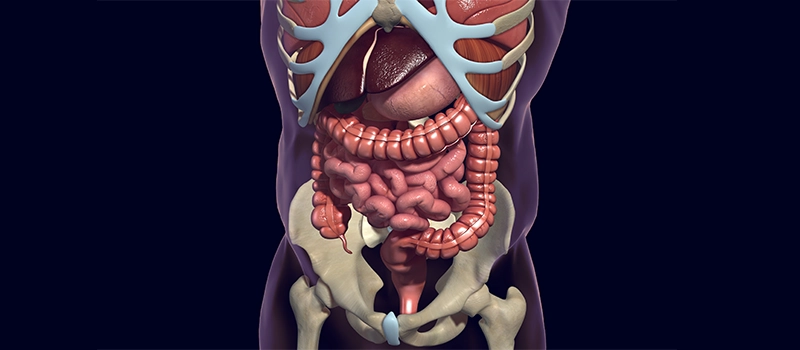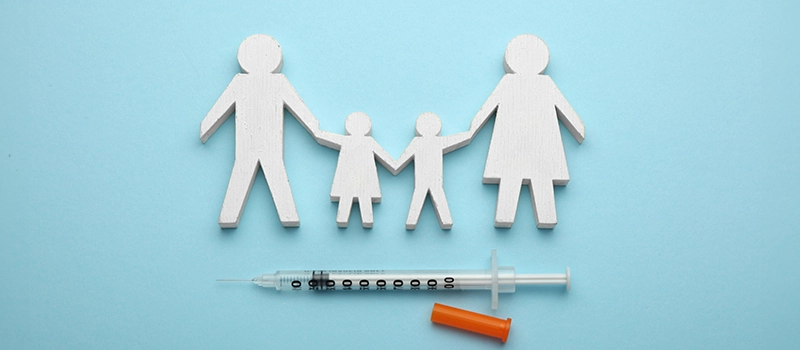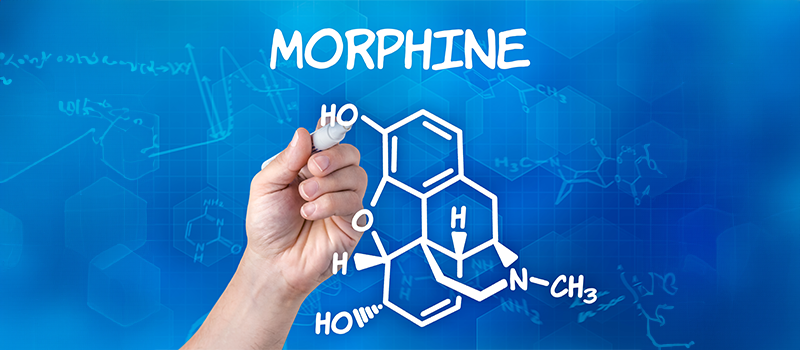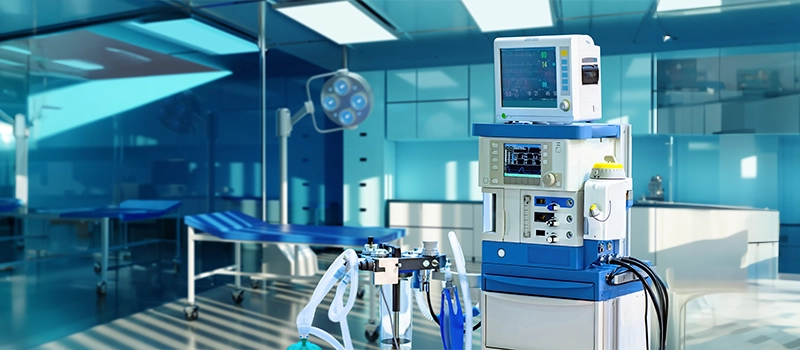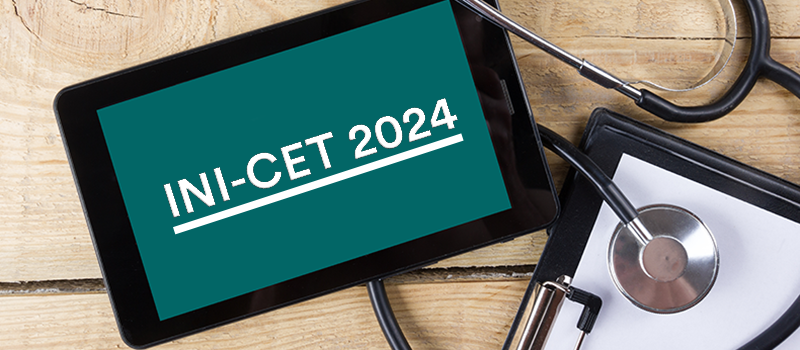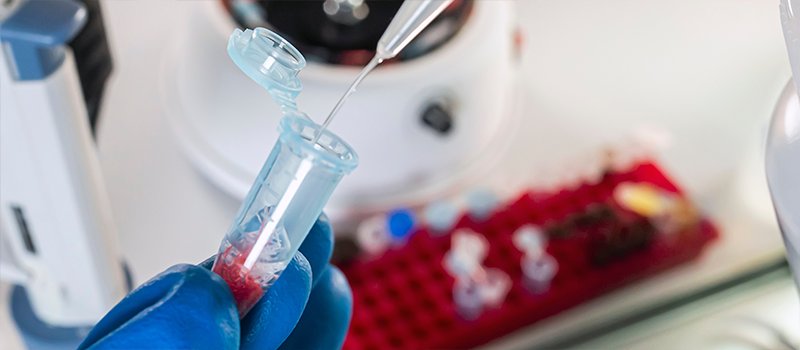
Career as a Pediatrician: How to Become, Courses, Job Profiles, Salary & Scope
Pediatrics is a branch of medicine that focuses on the healthcare and management of infants, children, and adolescents under the age of 21. Medical professionals who specialize in this field are known as Pediatricians. They specialize in diagnosing and treating problems and illnesses related to infants, children, and youngsters. Most pediatric physicians treat common illnesses, minor injuries, and infectious diseases, and administer vaccination whereas pediatric specialists, such as pediatric endocrinologists, pediatric cardiologists, pediatric oncologists, etc. treat specific ailments and perform invasive and non-invasive treatment procedures.
Pediatricians are responsible to create awareness to control the spread of infectious diseases, reduce the infant mortality rate, provide counseling to adolescents, and more. They are responsible for the minutest things and needs of the child. From their nutritional needs to tracking their growth, a pediatrician has to take care of all.
Steps for Becoming a Pediatrician
Step1: Complete your senior secondary education
An applicant must have earned a minimum of 50% in each of the four major subjects—Physics, Chemistry, Biology/Biotechnology, and English—in their 12th grade from an accredited board.
Step 2: Crack the NEET-UG Entrance Examination.
Candidates must pass the National Eligibility Cum Entrance Test for Undergraduates (NEET-UG), a single window entrance exam to be considered for admission to MBBS, BDS, BAMS, BUMS, BHMS, and other undergraduate medical programs at approved/recognized Medical/Dental/AYUSH and other Colleges/Deemed Universities/Institutes (AIIMS & JIPMER) in India.
You must get a competitive score in the NEET-UG exam to go through the counselling and admission process to get admitted to a medical college for an MBBS program, which is a prime requirement for becoming a pediatrician.
Step 3: Complete your MBBS degree along with the internship.
Complete your MBBS degree with a minimum cumulative GPA of 50% along with a one-year compulsory rotational internship. You must pay special attention to the lectures, practical sessions, ward postings, seminars, conferences, etc. during your graduation since they establish a strong basis for your studies. At this point, you learn the fundamentals of every medical specialty. You will now be able to identify the area of interest in which you desire to pursue a postgraduate degree.
Click here to get conceptual clarity in the MBBS subjects.
Step 4: Crack the NEET PG or INI-CET entrance examination.
After completing your MBBS degree, you must crack the NEET PG or INI-CET exam with a competitive score to be admitted to medical postgraduate programs. While INI-CET is a national-level entrance examination for admission to MS/MD/DM (6 years)/MCh (6 years) and MDS courses at the INI Institutes, which includes AIIMS, JIPMER, etc., NEET-PG is a national-level entrance examination for admission to MS/MD/PG Diploma programs at various government and private universities.
Based on the admission exam scores, applicants choose their postgraduate specialization and college during the counselling process. An MBBS student must select an MD degree with a Pediatrics specialization to become a Pediatrician and to also pursue higher education in pediatrics. You also have the option to pursue MS in General Surgery if you want to pursue MCh Pediatrics Surgery and Pediatric Cardio Thoracic Vascular Surgery discipline in the future.
Step 5: Complete your PG degree.
Following admittance into a medical college with MCI accreditation, finish your three-year master’s degree and complete your PG dissertation. The PG curriculum comprises lectures, practicals, conferences, symposiums, workshops, clinical postings, meetings, OT ward postings, junior residency, and more.
Click here to master the concepts of PG Pediatrics.
Step 6: Complete your residency program and get licensed.
Complete your residency program and experience the world of pediatrics and medicine. Get your medical certificate and get licensed to practice as a Pediatric Specialist.
Step 7: Crack the NEET-SS entrance examination to pursue a super specialization.
After completing the MD degree and residency program, you can pursue DM, DrNB, or MCh courses and complete your super specialization. To get admission to Super specialty courses in Pediatrics disciple, you need to crack NEET-SS, an eligibility cum ranking examination.
To add more value to your career, you must go with super specialization courses, fellowship courses, and advanced-level certification courses.
Apart from doing super specialization, you also have the option to pursue research, join as a pediatrician in any healthcare facility, or join any child organization at various available posts.
List of Pediatric Subspecialties
- Neonatologist
- Pediatric Cardiologist
- Critical Care Pediatrician or Pediatric Intensivist
- Pediatric Endocrinologists
- Pediatric Gastroenterologists
- Pediatric Hematologists and
- Pediatric Oncologists
- Neonatal pediatricians
- Child nephrologist
- Pediatric allergist
- Pediatric Dermatologists
- Pediatric Urologists
List of DM Courses after completing MD Pediatrics
- DM Cardiology
- D.M. Clinical Haematology
- D.M. Endocrinology
- D.M. Medical Gastroenterology
- D.M. Medical Genetics
- D.M. Medical Oncology
- D.M. Neonatology
- D.M. Nephrology
- D.M. Neurology
- D.M. Pulmonary Medicine
- D.M. Pediatrics Gastroenterology
- D.M. Pediatrics Cardiology
- D.M. Hepatology
- D.M. Clinical Immunology and Rheumatology
- D.M. Infectious Disease
Top Medical Colleges to Pursue Pediatrics
- AIIMS, Delhi, and all other AIIMS
- CMC, Vellore
- Armed Forces Medical College, Pune
- PGIMER, Chandigarh
- Dr. D.Y. Patil Vidyapeeth, Pune
- KMC, Manipal
- Maulana Azad Medical College, Aligarh
- JSS Medical College, Mysore
- Amrita Vishwa Vidyapeetham, Coimbatore
- Lady Hardinge Medical College, Delhi
- University College of Medical Sciences, Delhi
- St. John’s Medical College, Bengaluru
Skills Required for Becoming a Pediatrician
A medico must develop the following skills to become a successful pediatrician:
- You must develop expertise in gathering, analyzing, and systematically presenting history and examination while giving proper weight to the most crucial information and downplaying the less crucial details.
- You must be efficient in non-invasive monitoring of BP, Pulse, respiratory, ECG, Saturation, etc.
- You must be fully aware of the investigative procedures involved in basic and minor treatments, non-invasive procedures, emergency conditions, etc. You must have complete knowledge of various diagnostic and investigative procedures such as tuberculin test, kidney biopsy, liver biopsy, urethral catheterization, blood sampling, etc.
- You must have a clean hand for practices such as the administration of injections, breastfeeding assessment, phototherapy, blood component therapy, oxygen administration, rehabilitation process, peritoneal dialysis, mechanical ventilation, and many more.
- It is highly important to have an in-depth understanding and practice of performing bedside investigations including, urinalysis, complete blood count, examination of CSF, shake test, gram stain, etc.
- You must be proficient in the management of pediatric emergencies, executing patient management plans, maintaining patient records, care and management of newborns and neonatal disorders, etc. You must make the patient comfortable and build trust with them so that they freely interact with you.
- Pediatrics is a field in which the sufferer/patient is not able to communicate effectively as they are infant and child and hence, here the challenge comes. You must have great communication skills to interact with a child and parents. You must be able to counsel parents on major topics such as breastfeeding, immunization, and disease prevention.
- You must be able to interpret the diagnostic tests and results and be able to decide the effective treatment plan for a patient. Sometimes, there may be unpredictable and out-of-control situations, but at that very moment, you must remain calm and make the correct decision for the first line of treatment.
- You must have great academic skills and be familiar with all the methodologies. You must be able to review the literature, plan the thesis and work accordingly.
During your pediatrician journey from day 1 to last, you must remember that patient safety is of paramount importance. During the training, procedures learned are practiced on models first, later in supervision and finally, you are allowed to perform independently.
Responsibilities of a Pediatrician
The following are the responsibilities of a competent pediatrician:
- Recognizing the health requirements of babies, children, and adolescents and fulfilling professional commitments following the National Health Policy and professional ethics.
- Has mastered the pediatric competencies necessary for practice in the community and at all levels of the health system.
- Additionally, they have mastered effective communication skills with children, families, and the community.
- They are also knowledgeable about recent advances and developments in medical sciences as they relate to children’s health.
- Teaching medical and paramedical professionals.
- Recognizes mental disorders and works with Psychiatrists/Child Psychologists to treat patients with such illnesses.
Salary and Scope of Pediatricians
Pediatrics is a booming and highly lucrative field of medical science. On average, a pediatrician’s salary is between 10-15 lakh per annum in the beginning which gets higher depending on various factors and experience level. Factors that affect the pay scale include geographical area, place of employment whether government or private sector, experience level, specialization, healthcare organization, and more.
Although in the beginning, you might get paid low and get fewer perks but being on the journey of becoming a skilled pediatrician will attract numerous opportunities, perks, and undoubtedly, huge respect in society.
The following is a list of Job Profiles associated with Pediatric Specialty:
- Lecturer/Professor
- Pediatrician
- Pediatric Consultant
- Physicians
- Clinical Research Associate
- Pediatric Surgeon
- Neonatologists
- Pediatric Oncologists
- Pediatric Endocrinologists
- Pediatric Cardiologists
Best Books for Pediatrics
- Nelson Textbook of Pediatrics
- PG Textbook of Pediatrics
- IAP Textbook of Pediatrics.
- Textbook of Pediatric Infectious Disease
- PICU Pediatrics
- AIIMS Protocols in Neonatology
- Drug Dosages in Children
- The Harriet Lane Handbook
- Piyush Gupta’s Clinical Methods in Pediatrics
- IAP Color Atlas of Pediatrics
Frequently Asked Questions (FAQs):
Q 1. What should I do after 12th to become a Pediatrician?
Ans. After completing class 12th, you must prepare and attempt NEET-UG entrance exam. Crack the entrance with competitive score to get admission in MBBS program.
Q 2. What is the salary of pediatrician in India?
Ans. Pediatrics is a booming and highly lucrative field of medical science. On average, a pediatrician’s salary is between 10-15 lakh per annum in the beginning which gets higher depending on various factors and experience level. Factors that affect the pay scale include geographical area, place of employment whether government or private sector, experience level, specialization, healthcare organization, and more.
Q 3. What are the specialization in pediatrics?
Ans. The specialization in Pediatrics include Neonatologist, Pediatric Cardiologist, Critical Care Pediatrician or Pediatric Intensivist, Pediatric Endocrinologists, Pediatric Gastroenterologists, Pediatric Hematologists and Pediatric Oncologists, Neonatal Pediatricians, Child Nephrologist.
Related post





